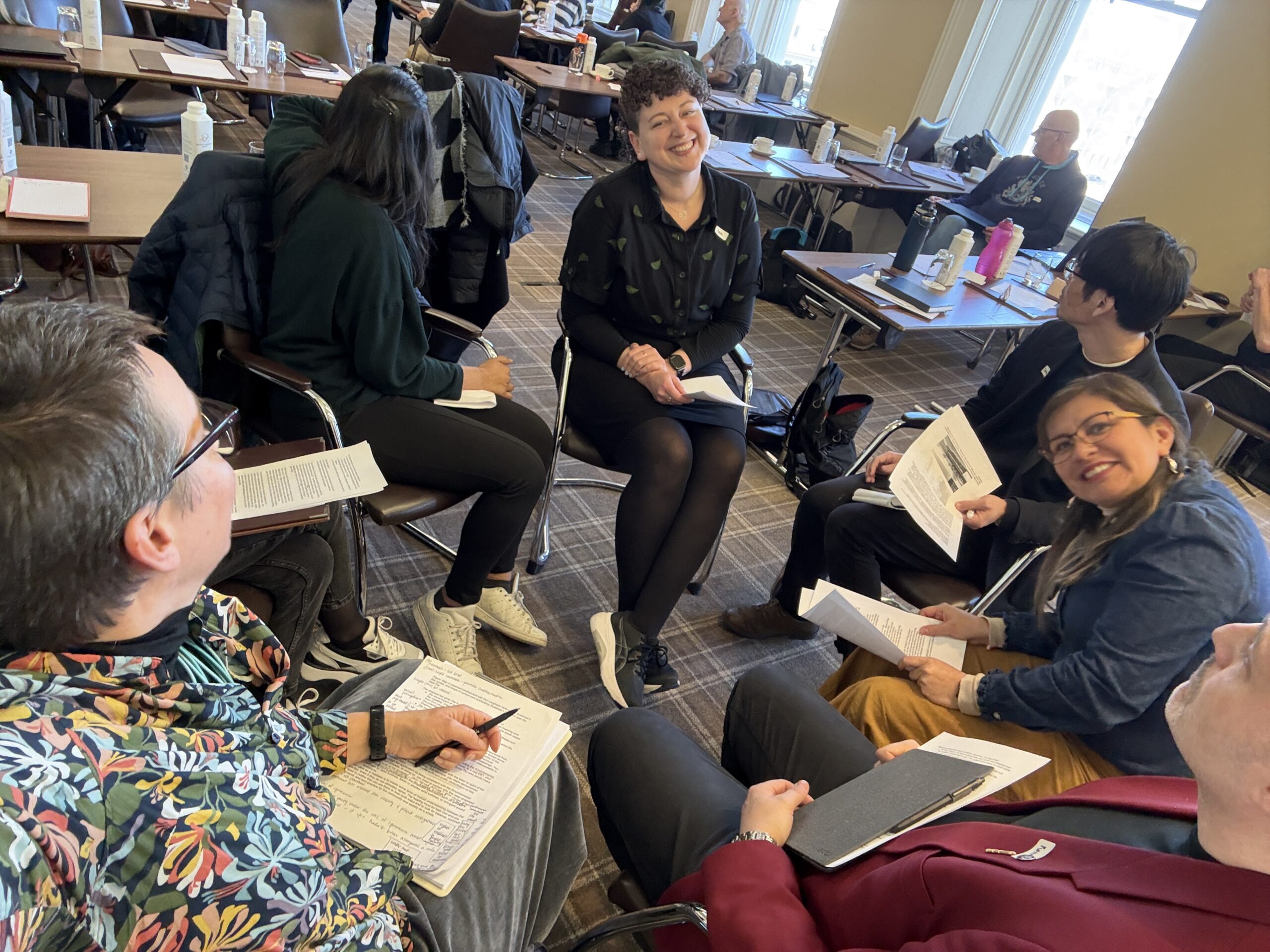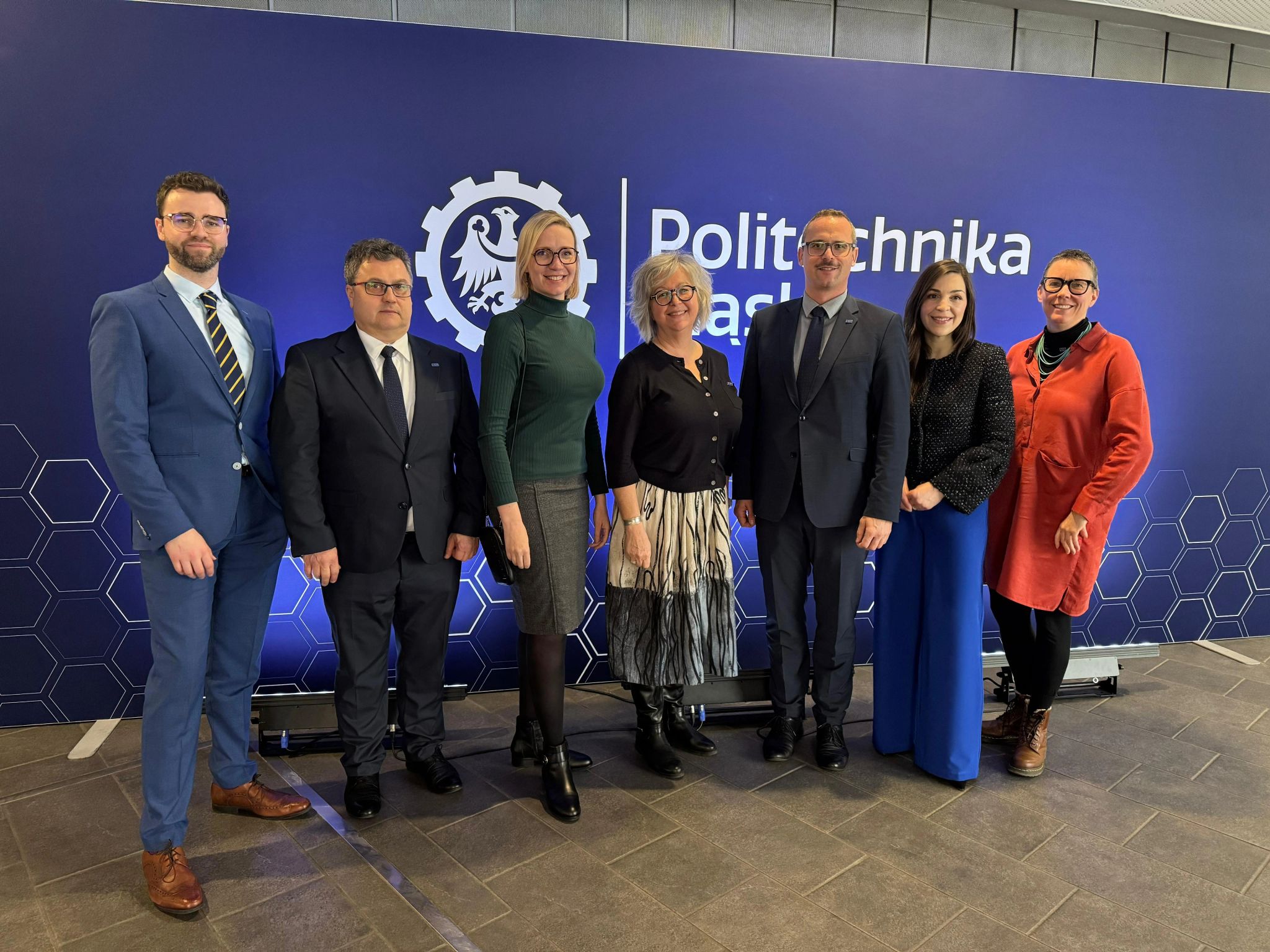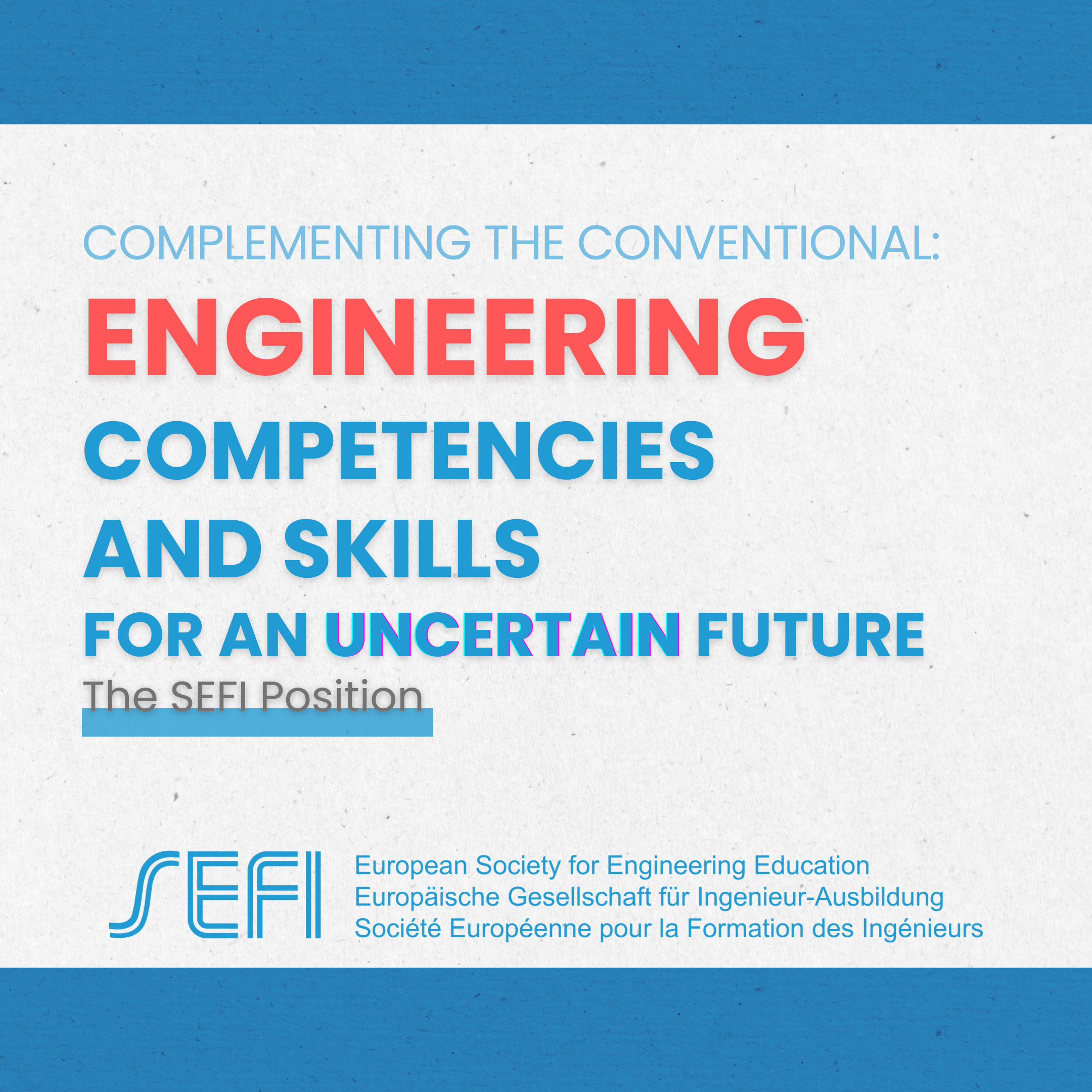From 24 to 26 March, 35 delegates from around the world gathered at the Royal…

Humanity goes through an age of unprecedented crises. One of the most pressing of these is the climate crisis, however, it is not easy to separate this crisis from others like the energy crisis, collapsing biodiversity, and increasing global tensions. This wrenched state of affairs moves some scholars to advocate for the transformation of society (doing radically different things), while others argue that we need to adjust but not transform our current mode of living (doing the same things but in a more effective and efficient way). Between transformation and adjusting is a wide spectrum of positions.
The spectrum of positions on climate change are deeply embedded in a normative socio-political context to which educators are forced to position themselves. Traditionally, climate change has been operationalized as a technical problem (following the dominant positivist IPCC-framework), and certainly, high technical skills education is an important part of the universities curriculum. However, the socio-political context is shaped by the technological, and shapes the technological. This presents two related challenges: the need for interdisciplinary education and the need for making normative-philosophical positions in education explicit.
The complexity of climate change seems to demand from universities a broad narrative wherein the many socio-political and technical aspects are coherently integrated. At the same time, the university is structured following the scientific disciplinary boundaries that are reflected in the curricula of the various faculties. In that sense, the institutional framework of universities might limit the interdisciplinary outlook needed for dealing with complex environmental problems like climate change.
There are many ways in which climate change is conceptualized in relation to normative-philosophical positions. For example, climate change can be understood through a mechanical lens or an ecological lens. This mechanistic view links to a set of political positions in which nature is managed and restored by focusing on exactly a set of pre-determined environmental variables, i.e. ecomodernist and green-governmentality positions. In it, humans are relatively predictable and explained with rational-actor models dominant in neoclassical and neoliberal economics. These positions are discursively linked to present a coherent narrative of science, politics, economics, and psychology. This logic of discursive coherence makes that an education focused on a mechanistic construction of the world in one domain is an education that implies a mechanistic worldview in the other domains. This paradigmatic nature of disciplines is important for environmental education because these paradigms often stay implicit and, therefore unexamined while still shaping the worldview of the student.
The competing ecological lens has different normative implications. It focuses on the system level instead of the constituent level and an understanding of the world as a dynamic, relational whole. It links to a political discourse of bottom-up change that is explicitly value-oriented, referred to as the discourse of civic-environmentalism. Underlying this political narrative is a worldview of humanity as constantly changing, constituting, and being constituted by the system in which it is embedded. This is a competing narrative associated with heterodox economics and critical theory. Although, as stated, the different domains are connected to each other, education in the different domains are not necessarily represented equally within one university.
This range of positions can help educators to further integrate disciplinary outlooks in a coherent, holistic curriculum, but also to be explicit and open about the normative presuppositions of the dominant paradigm in their teaching. In teaching environmental issues, being explicit about the philosophical framework underlying the curriculum can also help students to reflect critically on the paradigm and to see the coherence between the different disciplinary silos. As it is impossible to remain neutral in education, like Paulo Freire observed, reflecting consciously and explicitly on our normative paradigms makes for an education that helps students combat an unprecedently dire situation autonomously and democratically. The philosopher Daniel Dennett famously stated that ‘there is no such thing as philosophy-free science; there is only science whose philosophical baggage is taken on board without examination.’ In the same light, teaching always happens within a paradigm, philosophy is thus inevitable but is taught either tacitly or consciously.
Acknowledgments: This 4TU/WUR research project on philosophical worldviews in sustainability education is conducted by Thijs Loonstra, under the supervision of Perry den Brok, Zoë Robaey and Valentina Tassone. As an interdisciplinary research team, we are always welcoming suggestions for new perspectives.


